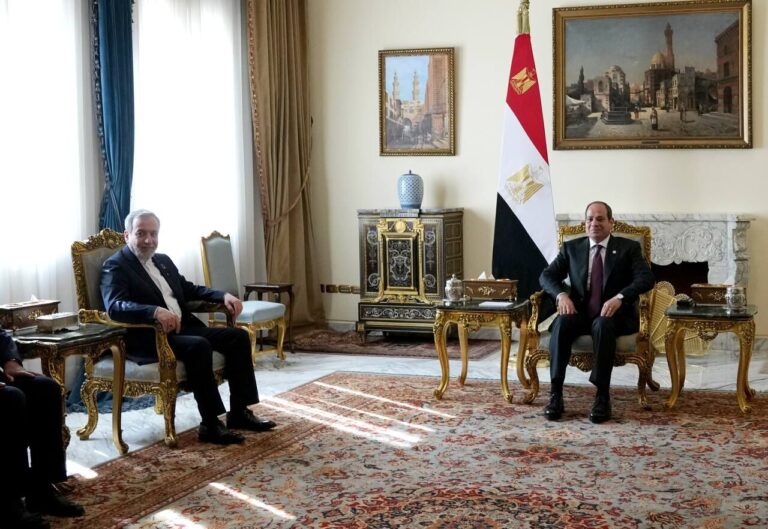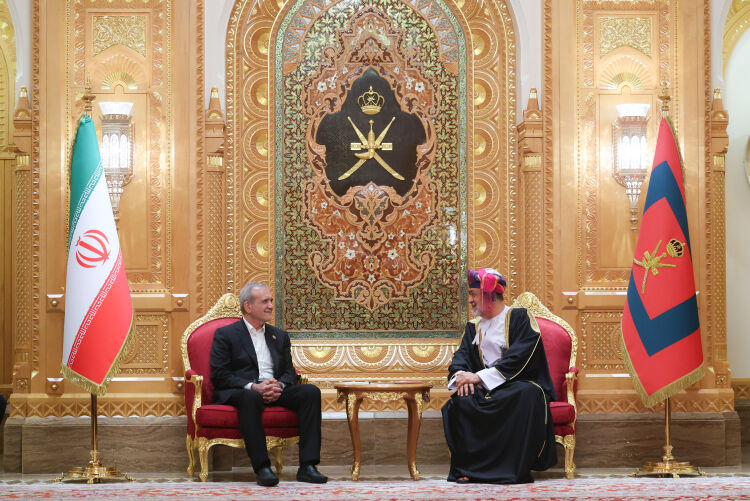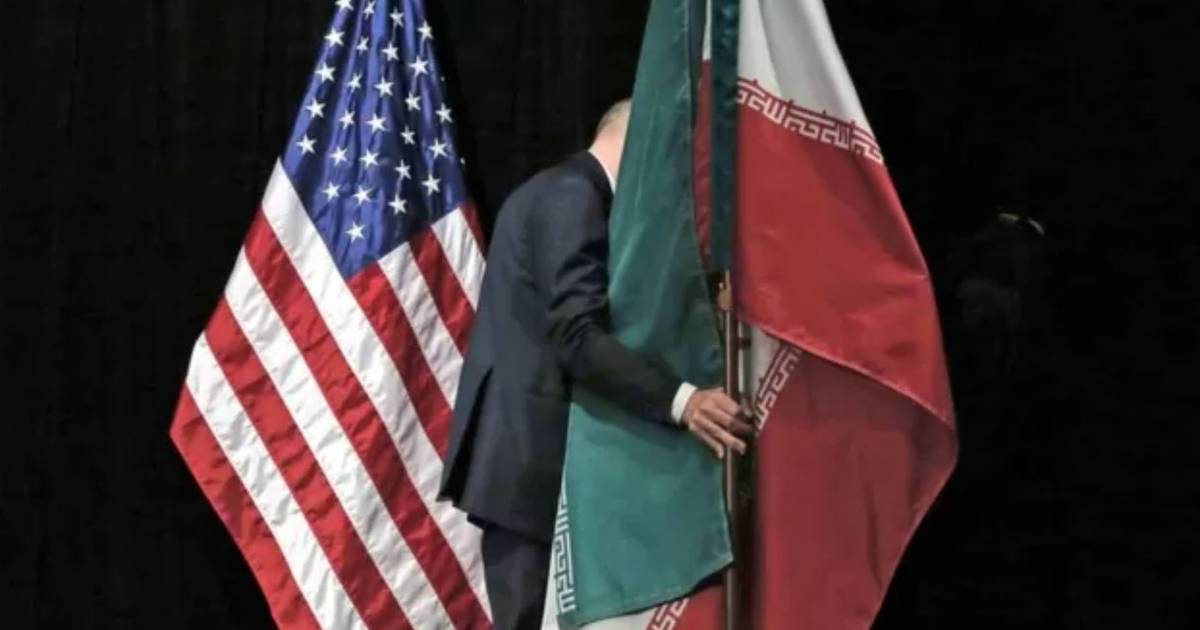
Similar Posts
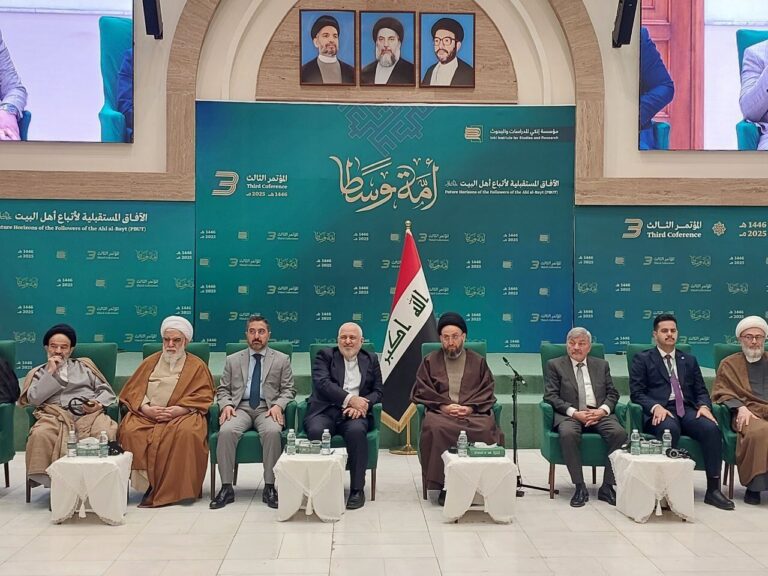
Zarif: Shia Solidarity with Sunni Palestinians Debunks Sectarianism Claims
Iranian Vice-President Mohammad-Javad Zarif emphasized unity between Shia and Sunni communities in supporting the Palestinian cause during a meeting in Baghdad. He asserted that Shia sacrifices for Palestinians surpass those made for any other group, aiming to counter claims of sectarian bias. Zarif highlighted the Shia community’s commitment to Sunni Palestinians in Gaza and called for ongoing solidarity among different Islamic sects. His remarks reflect a broader narrative of cooperation amid humanitarian crises, reinforcing the message of mutual support in the face of adversity.
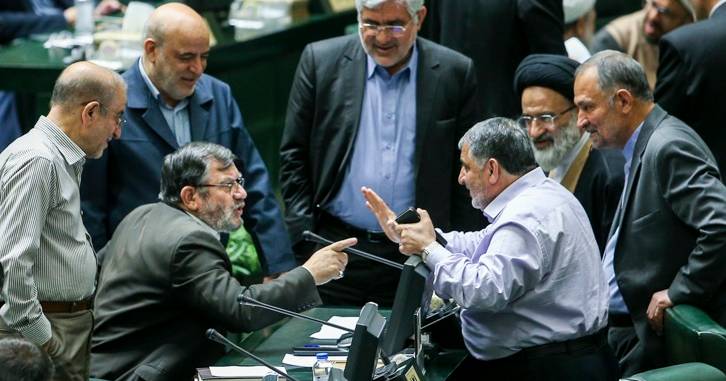
Tehran’s Political Turmoil: Urgent Issues Ignored Amidst Infighting
As global focus shifts to nuclear diplomacy, Iran’s internal politics are bogged down by minor disputes, hindering efforts to tackle significant economic challenges. The rial dropped 4% following Supreme Leader Khamenei’s doubts about U.S. negotiations, underscoring economic volatility. Recent debates have centered on changing office hours, rejected by Parliament amidst public backlash over early start times. The economy minister position remains vacant, with concerns that potential candidates may not offer effective solutions. President Pezeshkian’s administration faces declining public support, exacerbated by rising internet fees. As anxiety over military conflict grows, satire on social media reflects public discontent with the government’s focus on trivial matters.
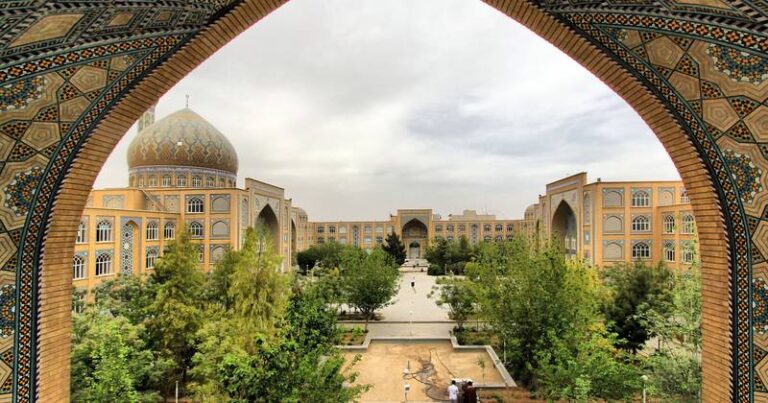
On Its 100th Anniversary, Khamenei Declares Qom Seminary as the Future of Modern Islam
On Wednesday, Iranian Supreme Leader Ali Khamenei marked the 100th anniversary of the Qom seminary’s reestablishment, urging it to become a key force in modern Islam. He emphasized the seminary’s role in upholding its religious mission while adapting to contemporary social challenges. Khamenei called for “Balagh Mubin” (clear communication) to effectively convey Islamic values and outlined an innovative, dynamic approach to address emerging issues. As the seminary approaches its second century, there is an expectation for it to integrate traditional teachings with modern societal needs, thus shaping a contemporary Islamic identity and guiding future scholars and leaders.

